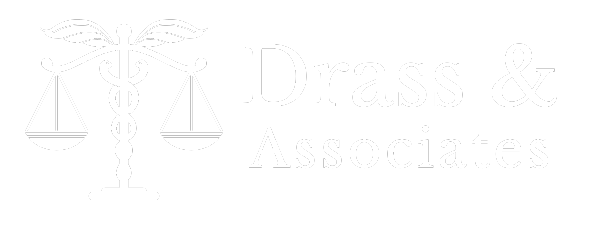National Tell the Truth Day is observed on July 7th of every year. It’s an unofficial holiday that encourages people to always tell the truth, even if it’s hard or inconvenient. The day is dedicated to honesty and the rejection of manipulation and lying.
In Pennsylvania, Rule 603: Oath or Affirmation to Testify Truthfully, states that before testifying, a witness must give an oath or affirmation to testify truthfully. It must be in a form designed to impress that duty on the witness’s conscience.
Telling the truth in court is especially important because it is essential for ensuring a fair and just legal system. When witnesses lie, it can lead to wrongful convictions, unfair settlements, and other injustices.
Here are some reminders why telling the truth in court is important:
- It helps to ensure that justice is served. When witnesses tell the truth, the judge and jury are able to make informed decisions about the case. This helps to ensure that the right person is held accountable for their actions and that innocent people are not punished.
- It protects the rights of the accused. Everyone has the right to a fair trial, and this includes the right to confront their accusers and to present evidence in their own defense. When witnesses lie, it can make it difficult for the accused to defend themselves and can lead to wrongful convictions.
- It maintains public trust in the legal system. When people believe that the legal system is fair and just, they are more likely to obey the law and to participate in the legal process. When witnesses lie, it can erode public trust in the legal system and make it more difficult to uphold the rule of law.
Perjury is a third degree felony offense under Pennsylvania law. A conviction can result in jail time and/or a prison sentence. (https://criminallawpennsylvania.com/pennsylvania-perjury-lawyer/)
Honesty is also a basic moral principle in healthcare. Health professionals are expected to always tell the truth. This is based on the argument that lying is wrong and disrespecting a patient’s autonomy is an ethical violation.
Documentation integrity involves the accuracy of the complete health record. It encompasses information governance, patient identification, authorship validation, amendments, and record corrections. (In a recent case I reviewed, falsification of documentation had severe consequences for the deceitful employee and the facility.)
Proper documentation, both in patients’ medical records and in claims, is important for three main reasons: to protect the programs, to protect your patients, and to protect the provider.
“Honesty is the fastest way to prevent a mistake from turning into a failure.” James Altucher
